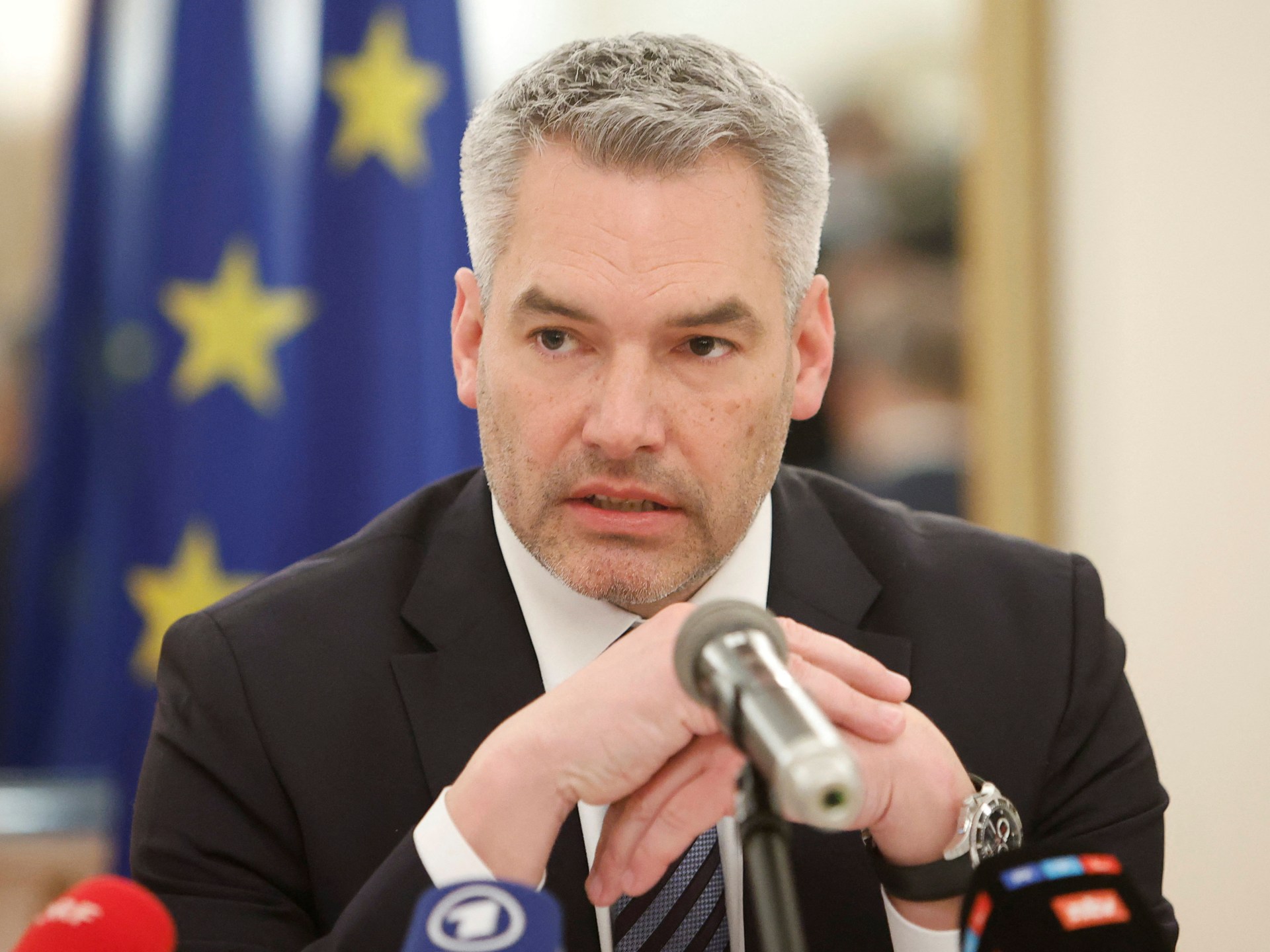BP is cutting 4,700 jobs, or just over 5 per cent of its workforce, as chief executive Murray Auchincloss tries to save costs and revive a share price that has lagged behind rivals over the past year.
The UK oil major is also reducing the number of contractors it uses by 3,000 this year, adding that 2,600 of those had already departed, according to a memo sent to staff on Thursday by Auchincloss.
In the memo, Auchincloss said BP was making “strong progress” in its attempt to be a “simpler, more focused, higher-value company”.
Auchincloss, who marks his first year as permanent chief executive on Friday, has come under mounting pressure from shareholders after several quarters of disappointing results.
Auchincloss, who was first took the top job on a temporary basis in September, 2023 following the departure of Bernard Looney, last year announced a two-year plan to save $2bn of costs.
In the memo, the 54-year-old Canadian said BP had “stopped or paused 30 projects since June” to streamline its focus, and also intended to expand its operations in lower-cost hubs such as India.
Last year the company opened a 400-person technical centre in Pune, near Mumbai, India, to provide engineering, data and subsurface services.
“We are uniquely positioned to grow value through the energy transition. But that doesn’t give us an automatic right to win. We have to keep improving our competitiveness and moving at the pace of our customers and society,” Auchincloss said.
BP shares rose nearly 2 per cent following the news, but have fallen 5 per cent since Auchincloss took the reins of the company on a permanent basis. The share price has lagged behind that of rivals, including Shell, ExxonMobil and Chevron.
BP’s workforce has swelled to roughly 90,000 people, with roughly 20,000 of those joining after it acquired the TravelCenters of America network of nearly 300 filling stations in 2023.
BP also bought out its joint venture partners in solar business Lightsource BP and Bunge Bioenergia last year, moves that added more staff.
This week BP postponed an event for investors in February so Auchincloss could recuperate from a “planned medical procedure”.
The company is due to report its fourth-quarter earnings on February 11.
In recent weeks, analysts have cut their estimates for BP’s fourth-quarter profit after the company signalled trading in the period was weaker than it had expected.


























/cdn.vox-cdn.com/uploads/chorus_asset/file/25822586/STK169_ZUCKERBERG_MAGA_STKS491_CVIRGINIA_A.jpg)

/cdn.vox-cdn.com/uploads/chorus_asset/file/25821992/videoframe_720397.png)




